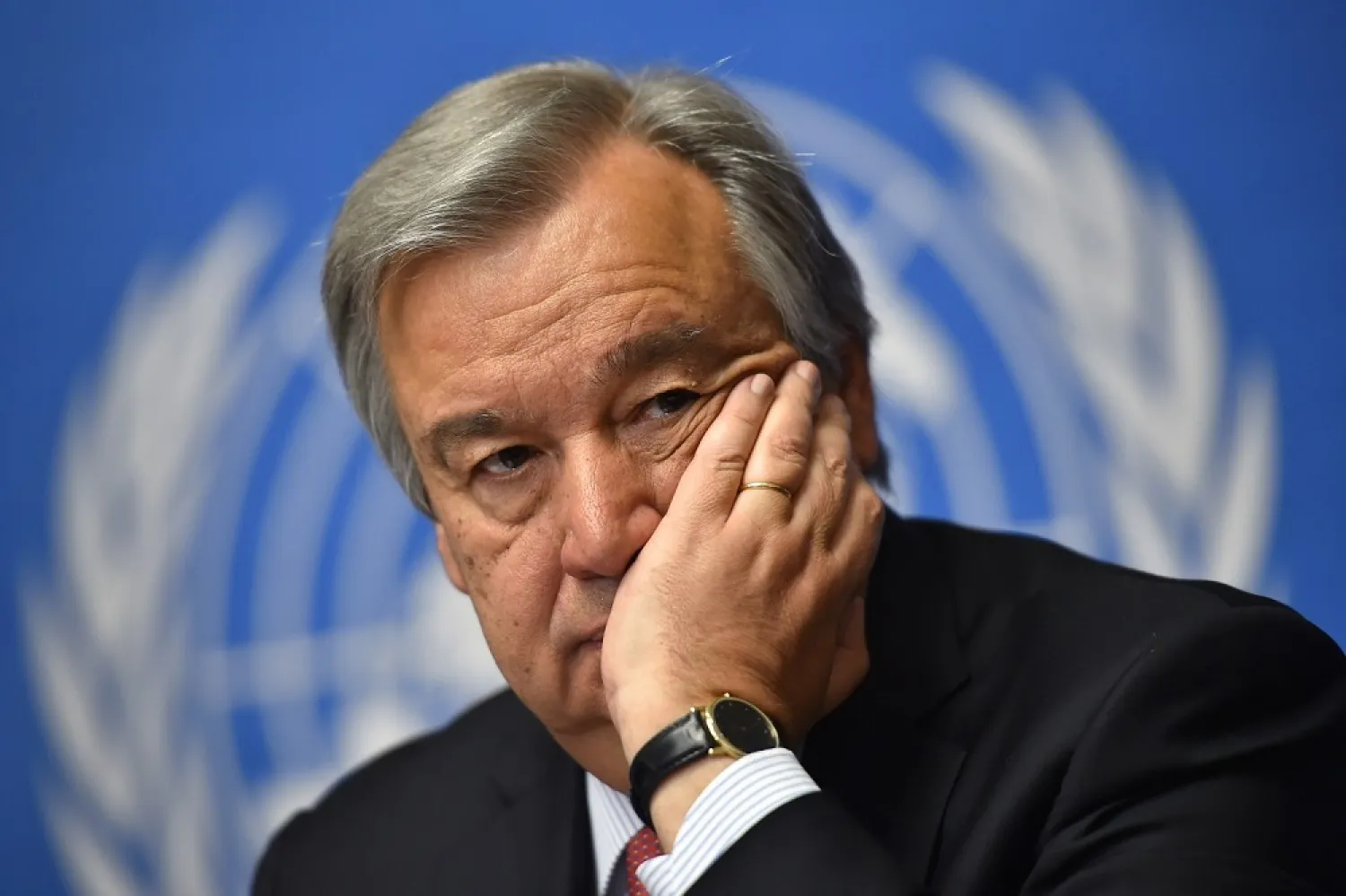UN Secretary-General Antonio Guterres said Wednesday that foreign interference in the Libya conflict has reached "unprecedented levels," with sophisticated equipment and mercenaries involved in the fighting.
Guterres denounced the situation during a ministers-level UN Security Council video conference, expressing particular concern about the military forces massing around the city of Sirte, halfway between Tripoli in the west and Benghazi in the east.
"The conflict has entered a new phase with foreign interference reaching unprecedented levels, including in the delivery of sophisticated equipment and the number of mercenaries involved in the fighting," he said.
Forces loyal to the Government of National Accord (GNA), "with significant external support, continued their advance eastward" and are 25 kilometers (15 miles) west of Sirte, Guterres said.
GNA units had tried twice before to seize the city, he noted.
The government, with Turkey's backing, is battling forces loyal to the Libyan National Army, commanded by Khalifa Haftar.
"We are very concerned about the alarming military build-up around the city, and the high-level of direct foreign interference in the conflict in violation of the UN arms embargo, UN Security Council resolutions, and commitments made by member states in Berlin" in January, Guterres said.
He did not name any particular countries.
German Foreign Minister Heiko Maas, whose country holds the rotating Security Council presidency, slammed violations of the arms embargo in place for Libya since 2011.
"While the entire world closed its borders, ships, planes and trucks with weapons and mercenaries continued to arrive in Libyan cities," he said.
His counterpart from Niger, Kalla Ankourao, joined many others in echoing Guterres' comments.
"Libya does not need more weapons, does not need mercenaries" but rather "reconciliation," Ankourao said.
Guterres said UN-led talks with military leaders from both sides were focused on the departure of foreign mercenaries, counter-terrorism cooperation, "disarmament and demobilization of armed groups throughout Libya, and modalities for a possible ceasefire mechanism."
He also raised the possibility of creating a demilitarized zone to be controlled by the UN mission in Libya.
The presence in Libya of Russian and Syrian mercenaries has been raised as problematic since the start of the year.
Guterres said the latest fighting in southern Tripoli and the Tarhouna region had forced nearly 30,000 people to flee the violence, bringing the total of internally displaced people in Libya to more than 400,000.









